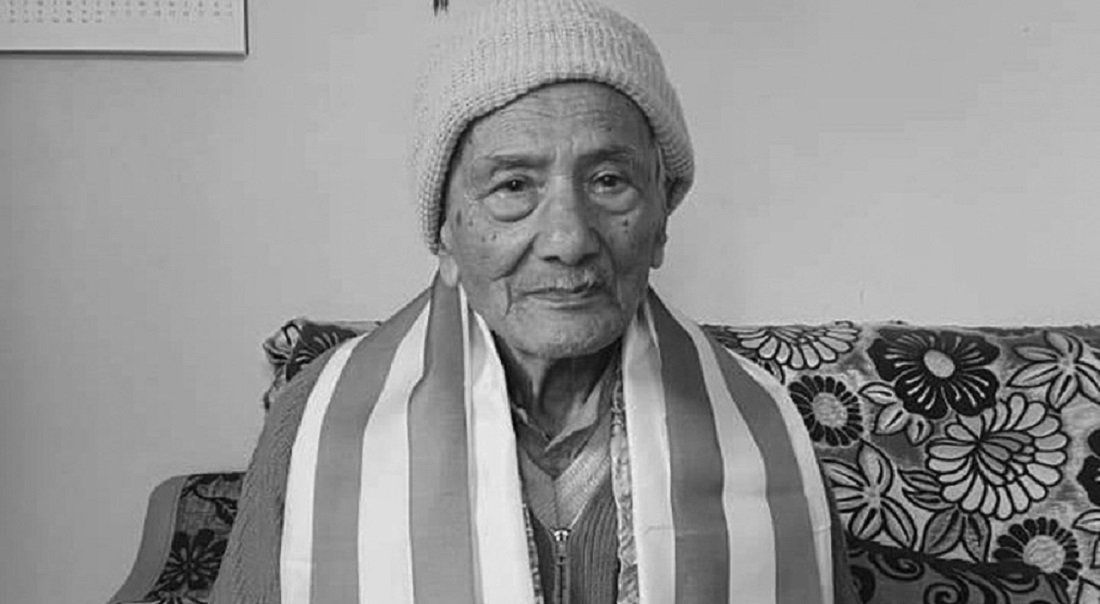Book Review: 70-year-old psychiatrist takes to the road in Anna Montague’s beguiling new novel

By ANN LEVIN (AP) — Americans love road trips. Or at least American writers love them as metaphors of self-discovery. In Anna Montague’s beautiful, beguiling and slightly bonkers debut novel, “How Does That Make You Feel, Magda Eklund?” the main character does indeed jump into a car and head out on the highway to work out her issues. The twist is, the Magda of the title is not young and restless. She is a workaholic psychiatrist about to turn 70, prone to telling her anxious patients, “Let’s talk about how that makes you feel.”
What prompts her to undertake this improbable journey — even though she is a homebody, terrified to fly since 9/11 — is her grief over the recent, unexpected death of her dearest friend, Sara. Ever since that shocking turn of events, Sara’s husband, Fred — who has issues of his own — has been unloading Sara’s belongings on Magda, including the funeral urn with her ashes, seemingly unconcerned about their fate.
As Magda sorts through her belongings, she discovers the itinerary of a road trip that Sara had planned for the two of them to take to celebrate Magda’s 70th birthday. In an uncharacteristically bold move, Magda decides to do it alone, with Sara’s ashes by her side, to honor her wishes and try to work out the unspoken tensions and ambiguities that had clouded their relationship at the end.
As she drives through a string of cities that were meaningful to Sara, Magda starts to see that she has been just as oblivious to her own wants and needs as her most clueless patients. Then a fortuitous encounter with an out and proud lesbian at a women’s retreat in Texas and, later, a car accident in New Mexico, force Magda to confront the true nature of her friendship with Sara — a relationship that readers will have figured out long before she does — and repair her frayed ties to her sister.
Novels about queer identity are as common as road trips these days. What makes this one stand out is seeing the journey to self-acceptance from the point of view of a woman born in 1941, who began to practice psychiatry at a time when homosexuality was considered a disorder and electroshock therapy an appropriate treatment. Yet Montague is such a gifted, sensitive and big-hearted writer that she can extend her imaginative sympathy even to Magda’s parents, whose strict Protestant religion taught them to revile this essential aspect of their daughter




Leave Comment